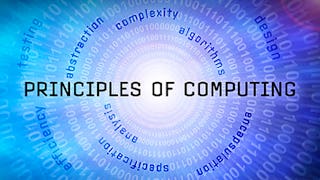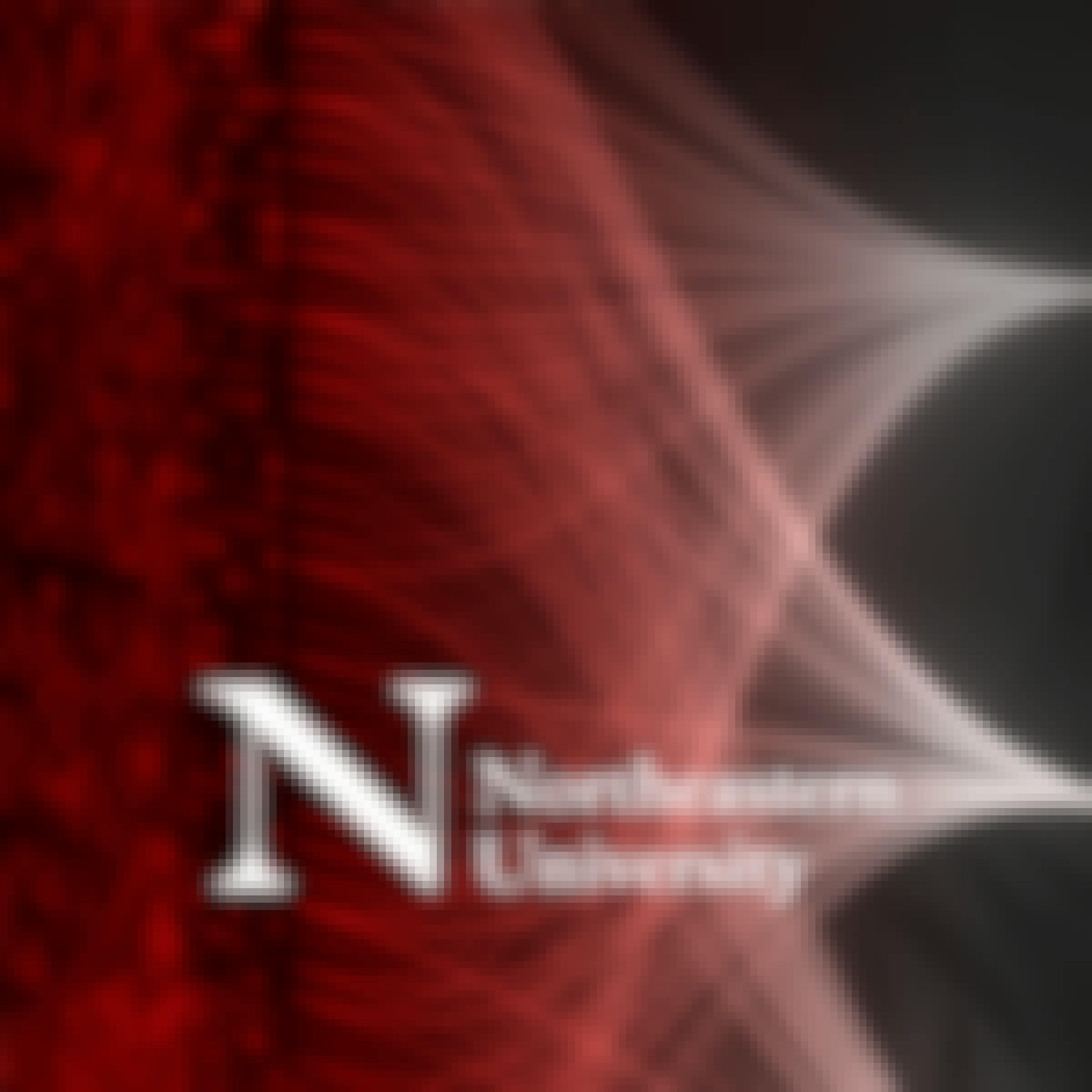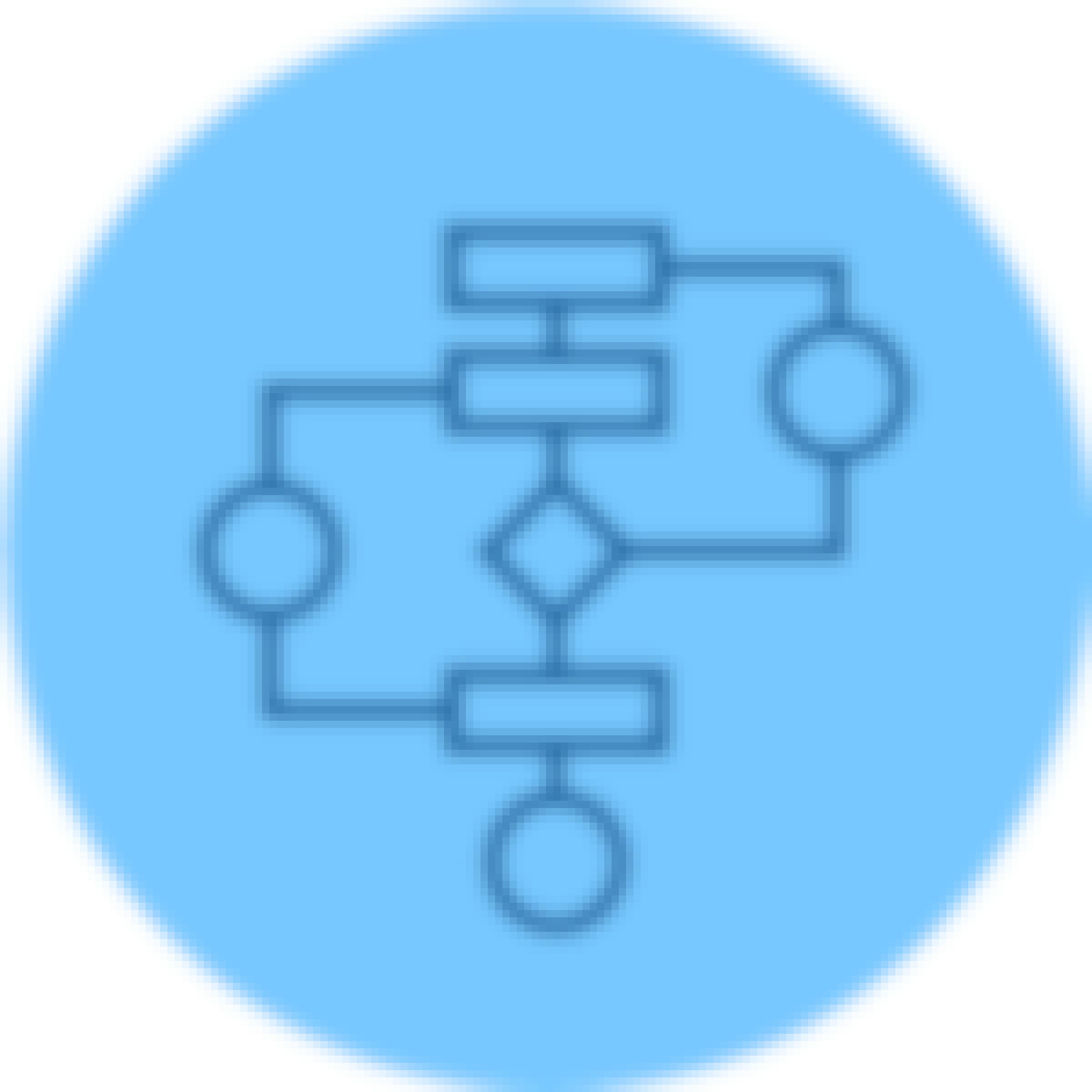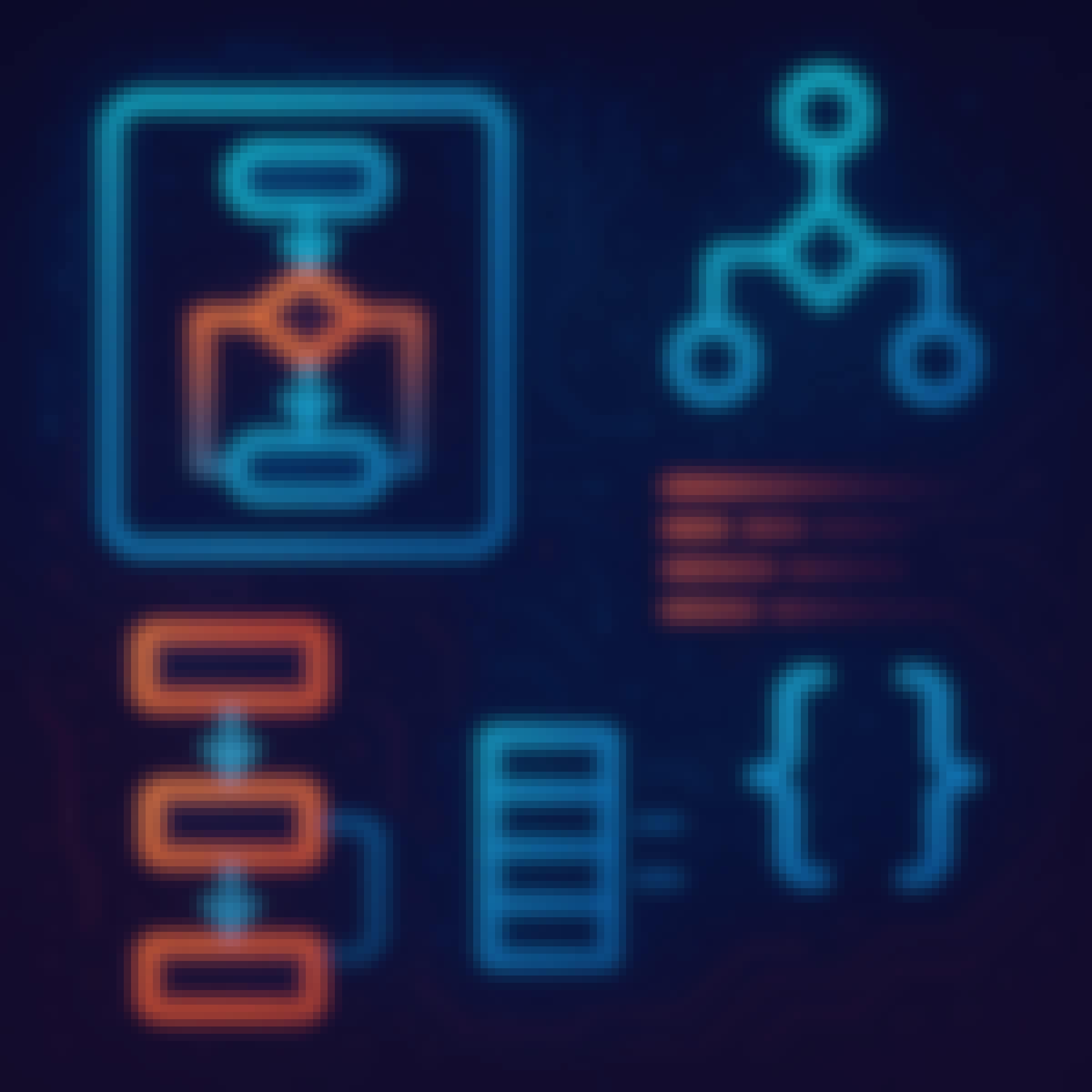- Browse
- Computational Thinking For K 12 Educators Sequences And Loops
Results for "computational thinking for k-12 educators: sequences and loops"
 B
BBirla Institute of Technology & Science, Pilani
Skills you'll gain: C (Programming Language), Computer Hardware, Computer Programming, Computer Architecture, Computational Thinking, Data Structures, Algorithms, File Management, Operating Systems, Program Development, Debugging
Build toward a degree
4.5·Rating, 4.5 out of 5 stars54 reviewsBeginner · Course · 1 - 3 Months
 Status: Free TrialFree TrialD
Status: Free TrialFree TrialDDuke University
Skills you'll gain: C (Programming Language), Data Structures, Algorithms, Computational Thinking, Computer Programming, Debugging
4.3·Rating, 4.3 out of 5 stars348 reviewsBeginner · Course · 1 - 3 Months
 Status: Free TrialFree TrialR
Status: Free TrialFree TrialRRice University
Skills you'll gain: Combinatorics, Probability, Programming Principles, Program Development, Computational Thinking, Computer Programming, Object Oriented Programming (OOP), Development Testing, Software Testing, Applied Mathematics, Debugging, Algorithms, Python Programming, Game Design, Simulations
4.7·Rating, 4.7 out of 5 stars584 reviewsIntermediate · Course · 1 - 3 Months
 Status: NewNew
Status: NewNewSkills you'll gain: Python Programming
Beginner · Course · 1 - 4 Weeks
 Status: NewNewStatus: Free TrialFree Trial
Status: NewNewStatus: Free TrialFree TrialSkills you'll gain: Unreal Engine, Animations, Video Editing, Video Production, Virtual Reality, Storytelling
Mixed · Course · 1 - 4 Weeks
 Status: Free TrialFree TrialR
Status: Free TrialFree TrialRRice University
Skills you'll gain: Computational Thinking, Programming Principles, Algorithms, Data Structures, Theoretical Computer Science, Computer Programming, Python Programming, Computer Science, Game Theory, Mathematical Modeling, Software Testing
4.8·Rating, 4.8 out of 5 stars365 reviewsIntermediate · Course · 1 - 4 Weeks
 Status: NewNewStatus: PreviewPreviewN
Status: NewNewStatus: PreviewPreviewNNortheastern University
Skills you'll gain: Algorithms, Bayesian Statistics, Theoretical Computer Science, Pseudocode, Computational Thinking, Data Structures, Graph Theory, Network Analysis, Probability, Probability & Statistics
Mixed · Course · 1 - 3 Months
 Status: PreviewPreviewN
Status: PreviewPreviewNNational Taiwan University
Skills you'll gain: Programming Principles, Computer Programming, C (Programming Language), Data Structures, Computer Science, Algorithms, Computational Logic, Command-Line Interface, Functional Design, Debugging, Data Validation
4.8·Rating, 4.8 out of 5 stars369 reviewsMixed · Course · 1 - 3 Months
 Status: NewNewStatus: PreviewPreviewN
Status: NewNewStatus: PreviewPreviewNNortheastern University
Skills you'll gain: Algorithms, Graph Theory, Computational Thinking, Programming Principles, Pseudocode, Theoretical Computer Science, Data Structures, Computer Programming, Performance Tuning
Mixed · Course · 1 - 3 Months
 Status: Free TrialFree Trial
Status: Free TrialFree TrialSkills you'll gain: Data Structures, C++ (Programming Language), Programming Principles, Algorithms, Theoretical Computer Science, Object Oriented Programming (OOP)
Intermediate · Course · 1 - 4 Weeks
 Status: NewNewStatus: PreviewPreviewB
Status: NewNewStatus: PreviewPreviewBBirla Institute of Technology & Science, Pilani
Skills you'll gain: Algorithms, Programming Principles, Data Management, Computational Thinking, Tree Maps, Data Manipulation, C and C++, Software Design, Analysis, Problem Solving, Complex Problem Solving
Mixed · Course · 1 - 3 Months
 Status: Free TrialFree Trial
Status: Free TrialFree TrialSkills you'll gain: Computational Thinking, Algorithms, Graph Theory, Data Structures, Computer Programming, C++ (Programming Language), Object Oriented Programming (OOP)
Intermediate · Course · 1 - 4 Weeks
In summary, here are 10 of our most popular computational thinking for k-12 educators: sequences and loops courses
- Introduction to Programming: Birla Institute of Technology & Science, Pilani
- Pointers, Arrays, and Recursion: Duke University
- Principles of Computing (Part 1): Rice University
- Algorithmic Problem Solving: Packt
- Unreal Engine: Design Cinematic Sequences with Sequencer: EDUCBA
- Principles of Computing (Part 2): Rice University
- Program Structure and Algorithms Part 2: Northeastern University
- 計算機程式設計 (Computer Programming): National Taiwan University
- Program Structure and Algorithms Part 1: Northeastern University
- C++: Linear Data Structures and Trees: Codio










